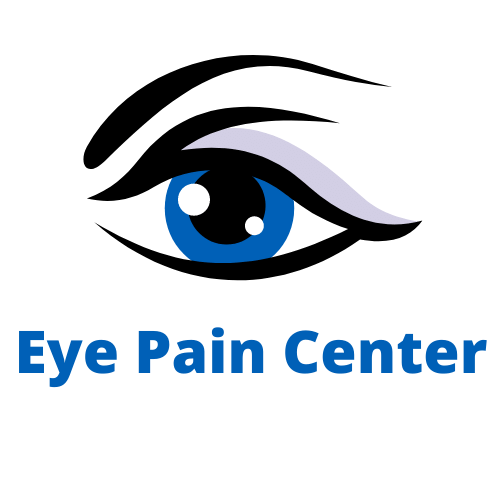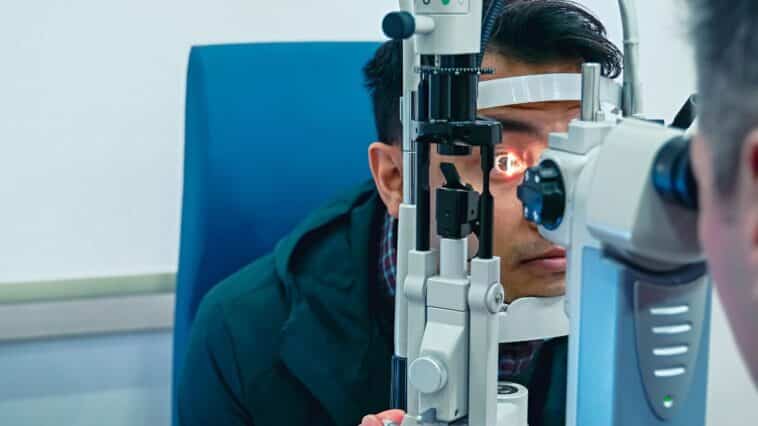What Is the Best Age for LASIK Surgery?
Age can impact your candidacy for LASIK eye surgery, but it is not a definitive factor. Although the FDA approves LASIK surgery for individuals 18 or older, most LASIK eye surgeons discourage performing the procedure on individuals under 18 due to the possibility of vision changes into early adulthood. In general, the ideal age for LASIK surgery is between 20 and 40 years of age.
However, the age range for LASIK eye surgery can vary depending on individual circumstances. While laser eye surgery has been performed on children with severe vision problems, such cases are rare exceptions.
Most LASIK eye surgeons encourage patients to wait until their mid-20s when their prescription has stabilized before undergoing the procedure.
Below are some age ranges and the recommended considerations for LASIK eye surgery:
LASIK: 18-24
While the FDA approves LASIK for individuals 18 or older, LASIK eye surgeons usually recommend waiting until age 25, as eyesight can change until early adulthood. Exceptions may be given to those in professions that require excellent vision, such as military personnel, law enforcement officers, and professional athletes.
LASIK: 25-40
Most LASIK eye surgeons recommend this age range as the ideal candidacy for LASIK eye surgery. By age 25, eyeglasses and contact lens prescriptions have typically stabilized, a vital requirement for LASIK candidacy.
LASIK: 40–55
Individuals who have reached the age of 40 may experience presbyopia, a common age-related condition in which the eyes have trouble focusing on nearby objects. However, this does not necessarily exclude them from LASIK candidacy. Individuals in good health and with a stable prescription may still be considered for the procedure.
LASIK: 56 and up
There is no age limit for LASIK eye surgery, but LASIK eye surgeons consider several factors before approving senior adults as candidates. For instance, if a patient has developed cataracts, they may not be eligible for LASIK surgery. However, cataract surgery does not exclude a patient from LASIK or other refractive lens surgeries. It is also essential for patients to inform their surgeons of any medications they are taking.
The most critical factors for LASIK candidacy include good overall health, a stable prescription, and a family medical history. It is vital to consult an expert LASIK eye surgeon to determine if LASIK is right for you.
Factors to Consider Before Getting LASIK Surgery
LASIK surgery has become famous for those looking to correct their vision. It is a procedure that involves reshaping the eye’s cornea to improve vision and reduce the need for glasses or contacts. However, before considering LASIK surgery, there are several factors to consider.
Age
Age is one of the most critical factors to consider before getting LASIK surgery. Most LASIK eye surgeons will not perform the procedure on those under 18 because the vision changes into early adulthood. The ideal age range for LASIK surgery is between 25 and 40, as the prescription is most likely stabilized. However, even seniors over the age of 56 can benefit from LASIK surgery.
Prescription Stability
It’s crucial to have a stable prescription before considering LASIK surgery. LASIK is not recommended for those whose prescriptions have not stabilized, as the surgery may not be effective in the long term.
Overall Health
Your overall health is also essential to consider before getting LASIK surgery. Certain medical conditions, such as autoimmune disorders and diabetes, can affect your eyes’ healing process, making you ineligible for LASIK. Be sure to discuss any medical conditions you have with your LASIK surgeon.
Eye Health
Your eye health is critical in determining whether LASIK surgery is the right option for you. Some eye conditions, such as cataracts or glaucoma, may prevent you from undergoing LASIK surgery. Discussing your eye health history with your LASIK surgeon and having a comprehensive eye exam before proceeding with the surgery is essential.
Lifestyle Your lifestyle is also an essential consideration before getting LASIK surgery. If you are involved in contact sports or activities that put you at risk of getting hit in the face, LASIK surgery may not be the best option for you. In such cases, alternative options like implantable lenses may be more suitable.
Cost
The cost of LASIK surgery is another crucial factor to consider. While LASIK surgery can be costly, the long-term benefits may outweigh the cost of continued use of glasses or contacts. It is essential to do your research and consult with your LASIK surgeon about the costs and payment options available.
LASIK surgery can be life-changing for those looking to correct their vision. However, before proceeding with the surgery, it is essential to consider several factors, including age, prescription stability, overall health, eye health, lifestyle, and cost. Considering these factors, you can make an informed decision about whether LASIK surgery is right for you.
Benefits and Risks of LASIK Surgery at Different Ages
While LASIK surgery can be performed on individuals of various ages, certain benefits and risks are associated with undergoing the procedure at different stages of life. We will discuss the benefits and risks of LASIK surgery at different ages.
18-24 Years Old
For individuals aged 18-24, their vision keeps changing into early adulthood, making it less likely for LASIK eye surgeons to recommend the procedure. Exceptions may be made for individuals in professions such as the military, law enforcement, and professional athletes.
Benefits:
- Correct vision problems early on in life
- Quick recovery time
Risks:
- Vision may continue to change after surgery
- Higher risk of developing dry eyes
- Risk of complications due to age
25-40 Years Old
For individuals aged 25-40, most LASIK eye surgeons consider this to be the ideal age range for LASIK surgery. By this age, eyeglasses and contact lens prescriptions have most likely stabilized, one of the hallmarks of a good LASIK candidate. This age group also has a lower risk of developing age-related eye conditions such as cataracts.
Benefits:
- High success rate
- Fast recovery time
- Correct vision problems before age-related changes occur
Risks:
- Potential for regression of vision
- Higher risk of developing dry eyes
40-55 Years Old
Individuals aged 40-55 are more likely to develop age-related eye conditions such as presbyopia, which requires reading glasses. However, depending on their overall health and family medical history, this age group can still be good candidates for LASIK surgery. LASIK surgery can also be combined with other procedures, such as monovision or a lens exchange, to correct presbyopia.
Benefits:
- Correct distance vision
- Ability to combine LASIK with other procedures to correct presbyopia
Risks:
- Higher risk of developing age-related eye conditions
- Increased risk of complications
56 and Above
For individuals aged 56 and above, factors such as cataracts and other age-related eye conditions must be considered before undergoing LASIK surgery. In some cases, cataract surgery may be a better option.
Benefits:
- Improved vision
- Reduced dependence on glasses and contact lenses
Risks:
- Increased risk of complications
- Age-related eye conditions may limit the effectiveness of LASIK surgery






